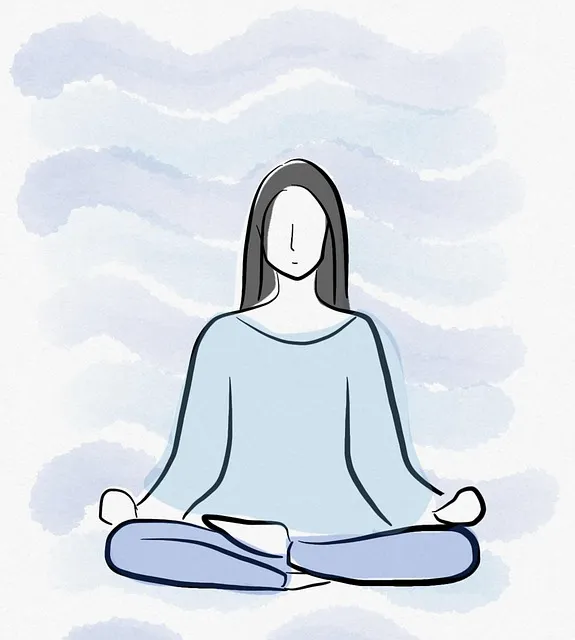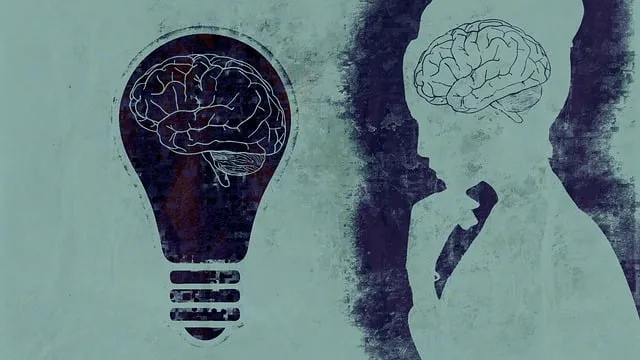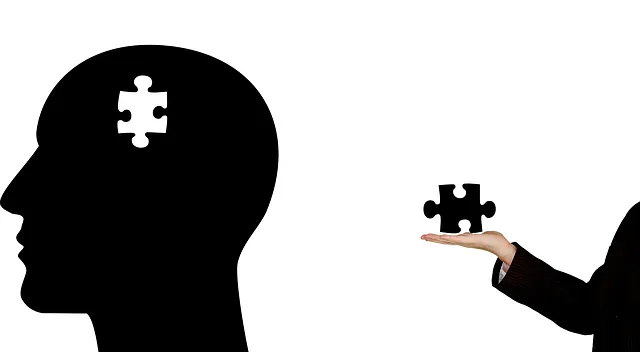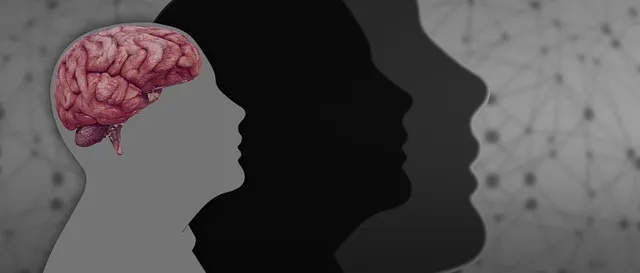The Aurora Kaiser Permanente behavioral health center offers a holistic approach to anxiety management, combining Cognitive-Behavioral Therapy (CBT), mindfulness practices, and lifestyle changes. CBT targets negative thought patterns and behaviors, while mindfulness techniques cultivate present-moment awareness and reduce symptoms. Lifestyle modifications, including nutrition, exercise, and sleep, are emphasized as key components, promoting mental wellness and resilience through accessible self-care routines.
Anxiety is a common yet challenging experience, but managing it effectively can lead to improved well-being. At Aurora Kaiser Permanente Behavioral Health Center, we recognize that understanding anxiety is the first step towards recovery. This article explores various techniques to combat anxiety, including Cognitive-Behavioral Therapy (CBT), mindfulness practices, and lifestyle modifications. By implementing these strategies, individuals can gain control over their mental health and find lasting relief, all while drawing from the expertise available at Aurora Kaiser Permanente Behavioral Health Center.
- Understanding Anxiety: Recognizing Signs and Triggers at Aurora Kaiser Permanente Behavioral Health Center
- Cognitive-Behavioral Therapy (CBT): A Powerful Tool for Managing Anxiety
- Mindfulness and Relaxation Techniques to Calm the Mind and Body
- Lifestyle Changes: Nutrition, Exercise, and Sleep for Better Mental Well-being
Understanding Anxiety: Recognizing Signs and Triggers at Aurora Kaiser Permanente Behavioral Health Center

At Aurora Kaiser Permanente Behavioral Health Center, understanding anxiety involves recognizing its subtle signs and triggers. Anxiety can manifest in various ways, from physical symptoms like increased heart rate and sweating to mental ones such as persistent worry or a sense of unease. Our center specializes in helping individuals identify these indicators, which is the first step towards effective management.
Through our comprehensive Mental Health Education Programs Design and engaging Mental Wellness Podcast Series Production, we equip patients with valuable knowledge about anxiety disorders. We also help them uncover personal triggers—be it stressful life events, certain environments, or specific situations—to develop tailored strategies for mood management. Our goal is to empower individuals at Aurora Kaiser Permanente Behavioral Health Center to take control of their mental wellness and lead happier, more balanced lives.
Cognitive-Behavioral Therapy (CBT): A Powerful Tool for Managing Anxiety

Cognitive-Behavioral Therapy (CBT) is a highly effective and evidence-based approach to managing anxiety disorders, offered by professionals at Aurora Kaiser Permanente behavioral health center. This therapy focuses on identifying and modifying negative thought patterns and behaviors that contribute to anxious feelings. By challenging distorted beliefs and replacing them with more realistic and positive thoughts, CBT empowers individuals to face their fears and change their emotional responses.
Incorporating techniques like Social Skills Training and Emotional Intelligence development, CBT goes beyond mere symptom reduction. It teaches individuals valuable coping strategies for managing mood swings and promotes healthier interactions with others. Through this process, people gain a deeper understanding of their thoughts, emotions, and behaviors, enabling them to lead more fulfilling lives free from the constraints of anxiety.
Mindfulness and Relaxation Techniques to Calm the Mind and Body

At the Aurora Kaiser Permanente behavioral health center, mindfulness and relaxation techniques have proven to be powerful tools in managing anxiety. These practices aim to cultivate present-moment awareness and foster a deep sense of calm within both the mind and body. By incorporating mindful breathing exercises, meditation practices, and progressive muscle relaxation into daily routines, individuals can significantly reduce anxiety symptoms and enhance overall well-being.
Mindfulness encourages non-judgmental acceptance of thoughts and feelings as they arise, allowing for a detached observation that can break the cycle of anxious rumination. Meanwhile, relaxation techniques physically counterbalance the body’s stress response, reducing muscle tension and promoting a state of tranquility. These practices are easily integrated into daily life, offering accessible strategies for mental health professionals and individuals seeking to build resilience and manage anxiety effectively.
Lifestyle Changes: Nutrition, Exercise, and Sleep for Better Mental Well-being

At the Aurora Kaiser Permanente behavioral health center, experts emphasize that integrating lifestyle changes can significantly contribute to anxiety management. Nutrition plays a pivotal role; incorporating nutrient-rich foods and avoiding excessive caffeine or sugar can help stabilize mood swings and reduce restlessness associated with anxiety. Regular exercise, such as gentle yoga or brisk walks, releases endorphins known for enhancing well-being and easing tension. Adequate sleep, typically 7-9 hours nightly, is crucial for managing anxiety; it allows the body to recover and rebuild resilience.
These lifestyle modifications not only foster better mental health but also serve as communication strategies and resilience building blocks. A consistent self-care routine development becomes easier when these changes are embraced. By focusing on nutrition, exercise, and sleep, individuals can create a foundation that supports their journey towards overcoming anxiety, ultimately improving overall mental health.
Anxiety management is a holistic journey that involves understanding your triggers, adopting effective therapies like Cognitive-Behavioral Therapy (CBT), and implementing lifestyle changes. The Aurora Kaiser Permanente Behavioral Health Center offers valuable resources to recognize signs and manage anxiety effectively. By combining mindfulness techniques, relaxation exercises, and nutritious habits with professional support, individuals can lead happier, more balanced lives. Embrace these strategies to take control of your mental well-being and cultivate resilience against anxiety’s challenges.






